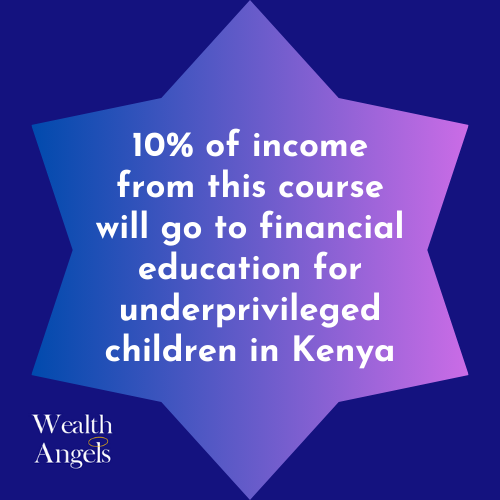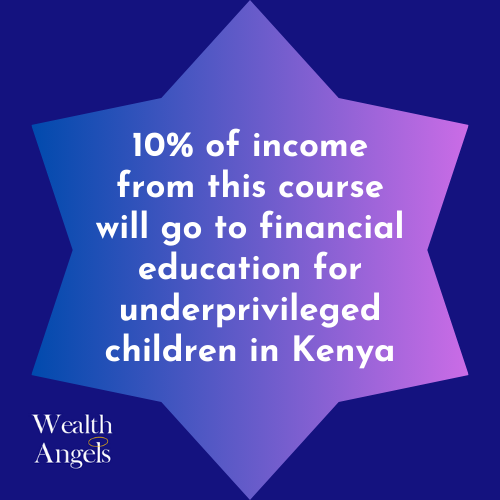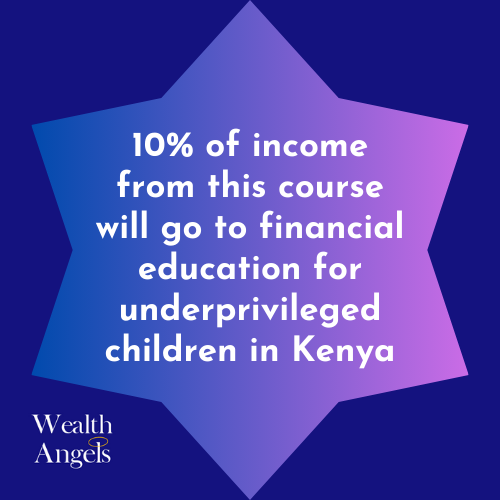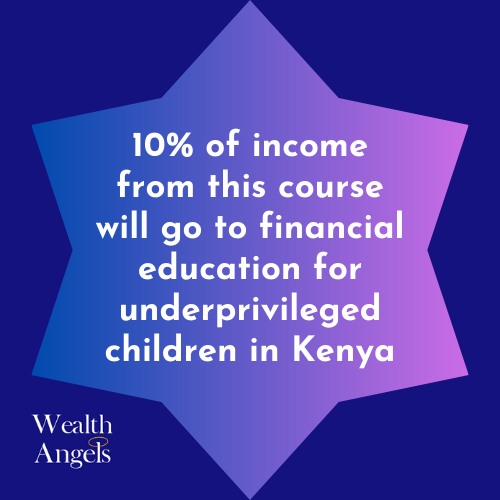
Integrating Financial Education into School Curriculum
Financial education is already part of the school curriculum in the UK and other European countries. However, educators have raised concerns about its adequacy. Research shows that a child's attitude to money is already embedded into their mindset by the age of seven. Starting children's money education as young as five can have a positive impact on children's future financial literacy and stability. In the UK, financial organisations and charities have called for the House of Lords for more support to be made in delivering financial education.
Research that Argues the Need to Integrate Financial Education into Standardised Curriculum
Our findings argue that it is absolutely necessary for schools to integrate financial education into their curriculum starting from early years all the way up to secondary.
Financial literacy in children has been shown to have numerous positive social benefits and successful social mobility outcomes. Early financial education equips children with essential life skills, enabling them to become competent consumers and managers of household and family wealth.
- A study by Masnan and Curugan highlights the importance of financial education in early childhood, emphasising that teaching financial concepts prepares children to handle financial responsibilities in adulthood and addresses issues like unemployment and economic instability (Masnan & Curugan, 2016).
- Research by Birbili and Kontopoulou illustrates how combining financial education with social and ethical learning helps children make responsible and compassionate financial decisions, promoting overall community well-being (Birbili & Kontopoulou, 2015).
- Sawatzki's work on integrating financial dilemmas in mathematical education shows that children who engage in financial problem-solving are better prepared for future financial decision-making, linking financial literacy to improved social mobility (Sawatzki, 2017).
- Ramli et al. demonstrate the effectiveness of tools like the Smart Money Kit in enhancing financial interest and management behavior among preschoolers, thus fostering early financial responsibility (Ramli et al., 2022).
- BenDavid-Hadar and Hadad's research underscores the role of financial education in reducing social and economic gaps, promoting better consumption habits, and ultimately contributing to social equity (BenDavid-Hadar & Hadad, 2018).
Financial Literacy Resources
Downloadable Information for Media
For Schools
Financial education is already part of the school curriculum in the UK and other European countries. However, educators
have raised concerns about its adequacy. Research shows that a child's attitude to money is already embedded into their mindset by the age of seven. Starting children's money education as young as five can have a positive impact on children's future financial literacy and stability. In the UK, financial organisations and charities have called for the House of Lords for more support to be made in delivering financial education.
For Employers
The benefits of financial fluency across your employee population are extensive. Individuals and employers lose billions due to lost productivity, absenteeism, and higher healthcare costs due to an employee’s financial stress.
The DEI Case for Financial Wellness
A PDF slide deck explaining importance of financial literacy for employee wellbeing and how it contributes to the organisation's diversity, equity and inclusion efforts.
For Brand Impact
We offer infinite ways you can show your brand cares about its social impact. Through our growing network of vetted service delivery partners, we ensure your social impact is delivered and reported on in accordance to the UN impact monitoring and measurement standards.
For Charities
We work with licensed charities to delivery our programmes into their communities.
Learn about how we are working with Kangemi Resource Centre in Nairobi.
Research Papers
Insights from the Standard & Poor's ratings services global financial literacy survey.
Downloadable PDF
The Societal Benefits of Financial Literacy
Online printable article by FA Magazine

About the Founder, Rebecca Ellis
DIRECTOR AND TREASURER, PURPOSEFUL INNOVATORS CIC | FOUNDER/EDUCATOR, WEALTH ANGELS GLOBAL | ARIF QUALIFIED | SWISS-BASED INDEPENDENT FINANCIAL ADVISOR | FOUNDER, REBECCA ELLIS CONSULTANCY | CO-FOUNDER, BLUE TIGER EYE WELLNESS | CONSULTANT, HOUSE OF BEAU LLC | SWISS EX-INTERNATIONAL WOMEN'S RUGBY PLAYER | RCMG CERN WILD CATS WOMEN’S RUGBY PLAYER
Review all our Wealth Angels MoneyWise Financial Literacy training and events options.
-
Wealth Angels MoneyWise Youth Programme
Vendor:Wealth AngelsRegular price From $62.00Regular priceUnit price / per -
Empowerment Through Financial Literacy - In School or Online for Parents
Vendor:Wealth AngelsRegular price $69.00Regular priceUnit price / per -
Wealth Angels MoneyWise Schools Programme
Vendor:Wealth AngelsRegular price From $62.00Regular priceUnit price / per -
Discover Your Behaviour Finance Personality
Vendor:Purposeful InnovatorsRegular price $180.00Regular priceUnit price / per -
Wealth Angels - MoneyWise - Woman
Vendor:Wealth AngelsRegular price From $724.00Regular priceUnit price / per -
Wealth Angels - MoneyWise - Parents
Vendor:Wealth AngelsRegular price From $724.00Regular priceUnit price / per -
Empowerment Through Financial Literacy 2-Hour Workshop
Vendor:Wealth AngelsRegular price $848.00Regular priceUnit price / per -
Wealth Angels - MoneyWise - Family
Vendor:Wealth AngelsRegular price $724.00Regular priceUnit price / per -
Wealth Angels - MoneyWise - 15-24
Vendor:Wealth AngelsRegular price $724.00Regular priceUnit price / per












